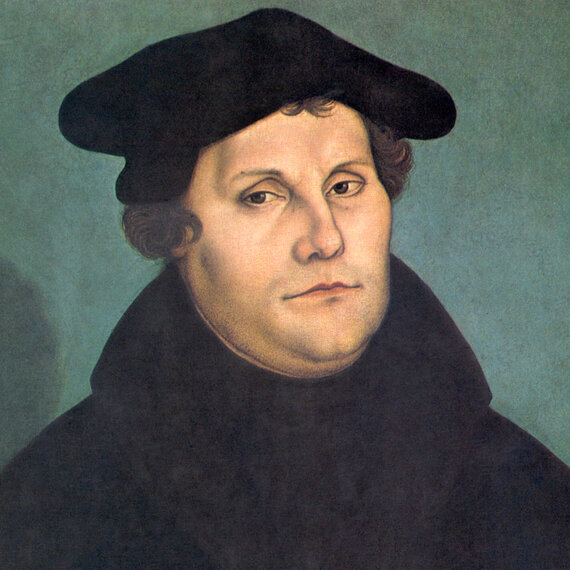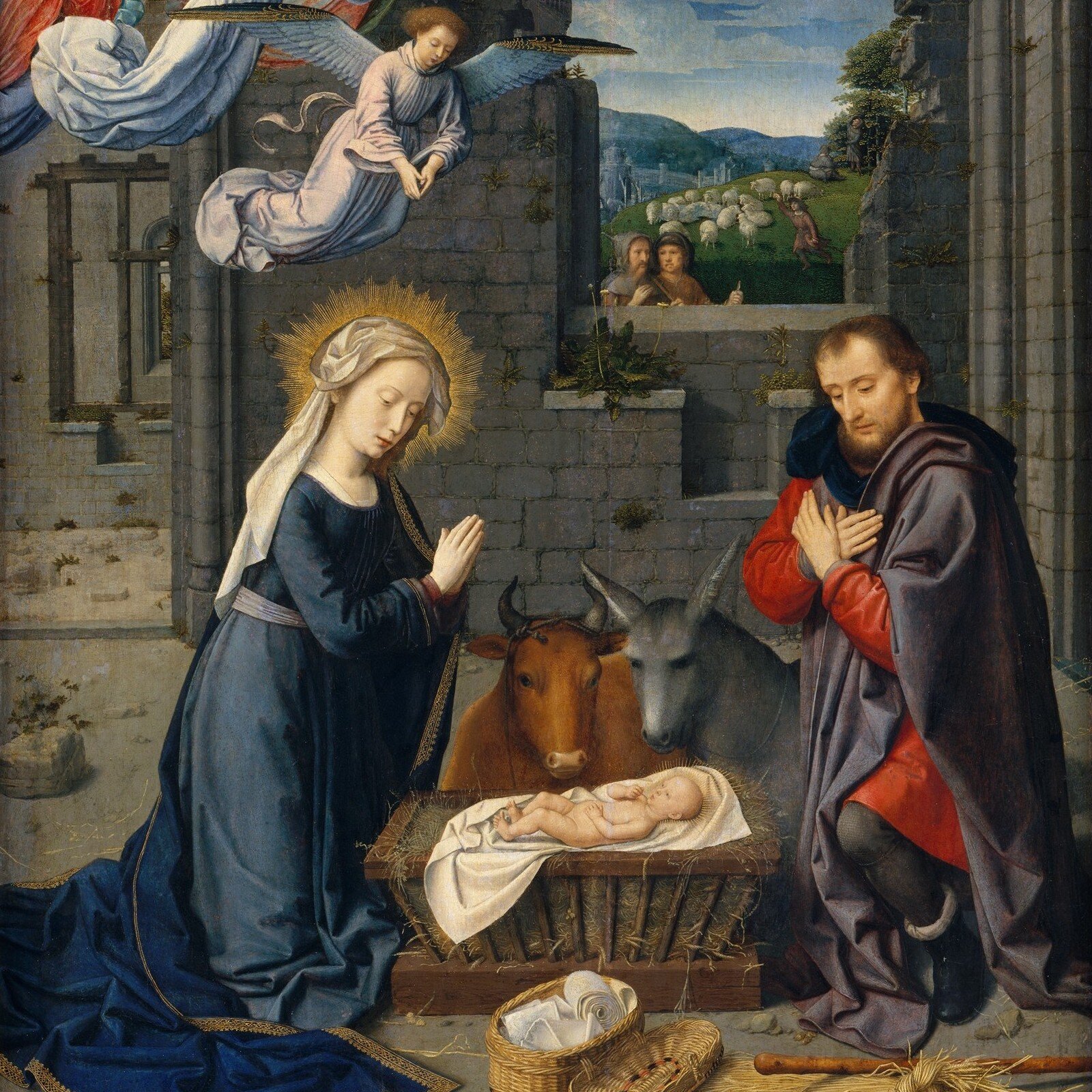Christmas inevitably brings out the Lutheran in me, for while my adoptive Episcopal Church has its own wonderful traditions, my Danish and German forebears took special delight in the annual celebration of Christ’s birth. “The happy Christmas comes once more,” begins a beloved hymn by the Danish theologian N. F. S. Grundtvig, and those words always come to mind as I am stringing Danish flags on the Christmas tree, in keeping with family custom.
This year, though, perhaps because of the pandemic, I have more solemn words ringing in my ears. As an undergraduate, I first encountered Martin Luther’s Lectures on Genesis, where he distinguishes between God’s absolute nature, which is unknowable, and the incarnate God in Christ. He then advises the reader in terms that have always stuck with me:
I follow this general rule: to avoid as much as possible any questions that carry us to the throne of the Supreme Majesty. It is better and safer to stay at the manger of Christ the Man. For there is very great danger in involving oneself in the mazes of the Divine Being.
Luther’s “flight to the manger,” as B. A. Gerrish put it, was an antidote to the terror of predestination, or the hidden intentions of God’s inscrutable will. Luther seems strangely prescient in our own time as we confront the terror of a pitiless Nature in the form of a microscopic virus. What is our own place in nature, to say nothing of God’s?
Modern people, Gerrish noted in a classic 1973 essay, experience Pascal’s fear that humans are “lost in this remote corner of nature.” As Gerrish wrote: “Here, in the anxiety of finitude and insignificance, modern man experiences the hiddenness of God. And faith can only mean that in the revealed God he finds the possibility of affirming the meaning of life in spite of this anxiety.”
Luther’s flight to the manger is therefore a conscious decision to embrace life and hope even in the face of agonizing unknowns. For me as a scholar of religion, staying at the manger of Christ the Man also means resting in the peculiarity of religious traditions even as we recognize that no religion can possibly contain the sum total of ultimate truth.
To be sure, my scholarly doubts about the finality of any single tradition go far beyond Luther’s pious reticence about God’s hidden will. Even so, like Luther, I find comfort at the manger. I can therefore sing with my Danish ancestors, “The happy Christmas comes once more, / The heavenly Guest is at the door, / The blessed words the shepherds thrill, / The joyous tidings: Peace, good-will.”
© 2020 by Peter J. Thuesen. All rights reserved
Further Reading
B. A. Gerrish, “‘To the Unknown God’: Luther and Calvin on the Hiddenness of God,” Journal of Religion 53 (1973): 263-92; reprinted in The Old Protestantism and the New: Essays on the Reformation Heritage (Chicago: University of Chicago Press, 1982).
Hymnal for Church and Home, 2nd ed. (Blair, Neb.: Danish Lutheran Publishing House, 1928).
Martin Luther, Lectures on Genesis, in Luther’s Works, vol. 2, ed. Jaroslav Pelikan and Daniel E. Poellot (St. Louis: Concordia Publishing House, 1960).

